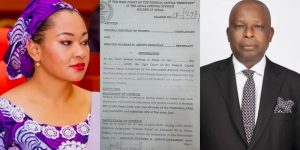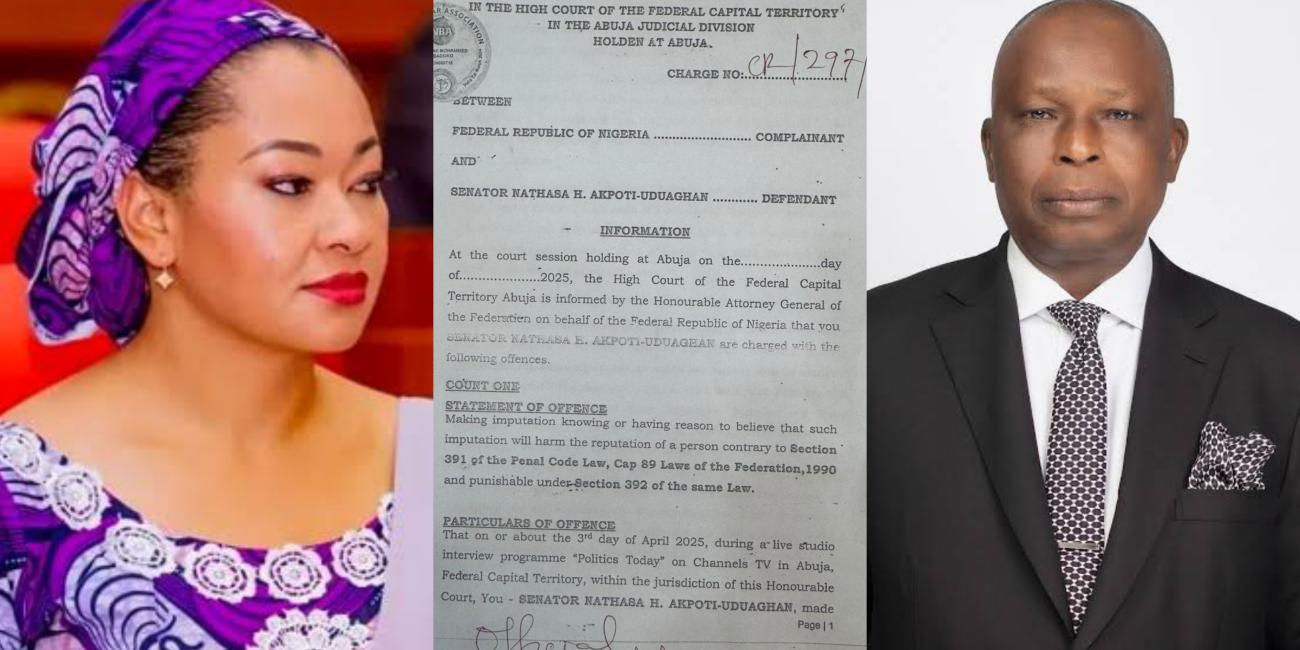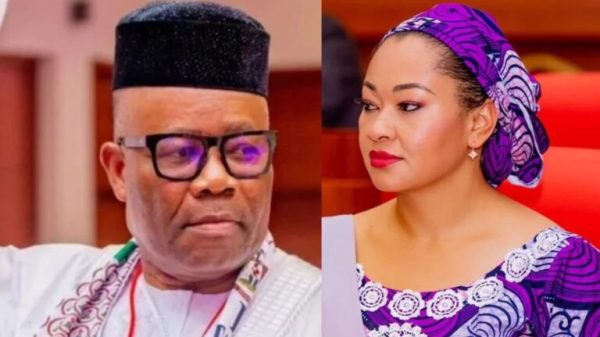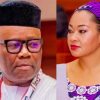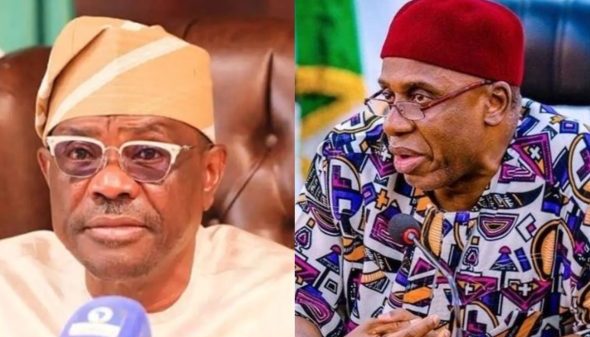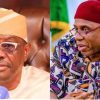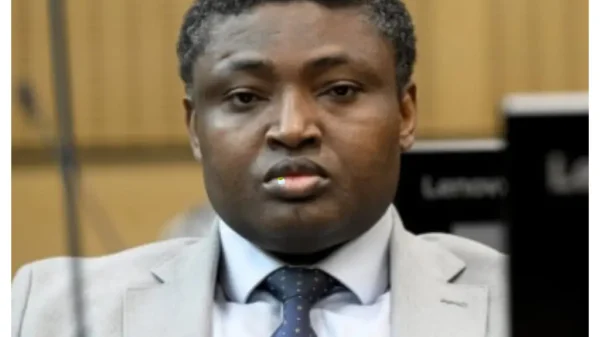The Nigerian government has filed criminal charges against Senator Natasha Akpoti-Uduaghan following statements she made during a live television interview in April, where she alleged a plot to assassinate her involving high-profile political figures.
The charges, obtained from a court document, were filed before the High Court of the Federal Capital Territory, Abuja. Senator Akpoti-Uduaghan is listed as the sole defendant, while the Federal Republic of Nigeria is the complainant.
According to the government, the senator is being charged under Section 391 of the Penal Code for allegedly making defamatory claims with the intent to harm the reputation of others. If found guilty, the offense is punishable under Section 392 of the same law.
During her April 3, 2025, appearance on Channels Television’s Politics Today, Senator Natasha alleged that Senate President Godswill Akpabio and former Kogi State Governor Yahaya Bello planned to eliminate her. She said Akpabio had allegedly discussed with Bello the possibility of carrying out the act in a way that would appear to be a local attack in Kogi State.
In her words:
“Akpabio told Yahaya Bello to kill me. He said it shouldn’t happen in Abuja but here \[in Kogi], so it would seem like my people killed me,” she said during the interview, adding that her security was withdrawn prior to the threats, making her more vulnerable.
These serious allegations come amidst a series of controversies in the Nigerian Senate, including past accusations by Senator Natasha against Akpabio involving sexual harassment. Following those claims, the Senate suspended her for six months, citing misconduct rather than addressing the allegations directly.
Senator Natasha has repeatedly voiced concerns about threats to her life since entering politics in 2018. She maintains that her statements were truthful and necessary for her protection.
As of now, further details on the case remain unclear, but political and civil rights observers are closely watching the legal proceedings.
The development underscores growing tensions within Nigeria’s political landscape and raises questions about the treatment of dissenting voices in the country’s leadership.
